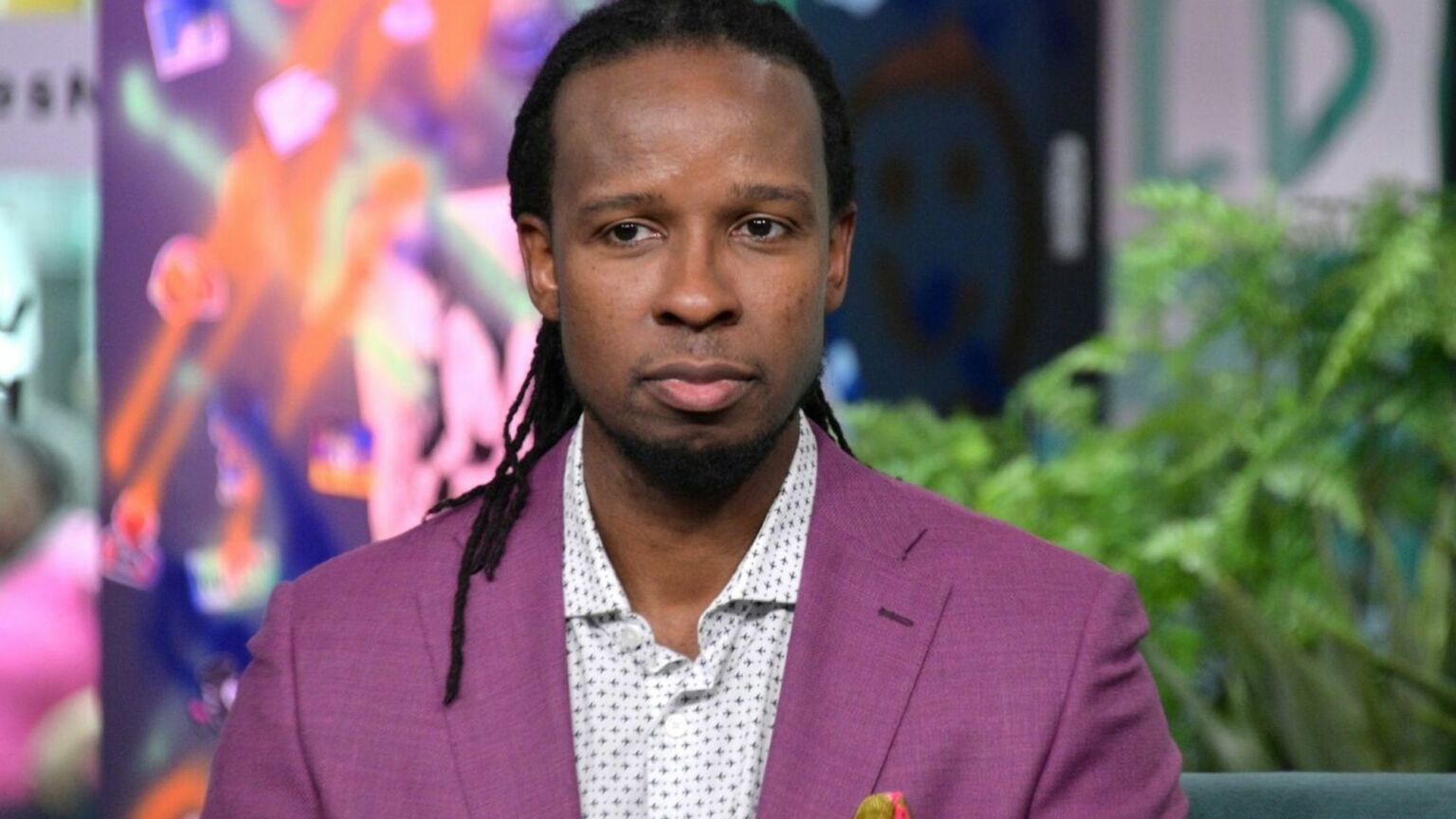What happened to Ibram X Kendi’s ‘anti-racist’ centre?
The anti-racist movement has been captured by cynical self-promoters.

Want to read spiked ad-free? Become a spiked supporter.
Ibram X Kendi’s ‘Centre for Anti-Racist Research’ at Boston University is embroiled in controversy. The centre was set up in June 2020, following the explosion in Kendi’s fame as an ‘anti-racist’ author and activist. His book, How to Be an Antiracist, became an international bestseller in the wake of the George Floyd protests that year. But now, just three years on, Kendi’s centre is laying off around 20 members of staff. According to the Boston Globe, many of these outraged former employees claim that Kendi fostered a ‘poorly managed’ and ‘exploitative’ working environment.
In 2020, donations to Kendi’s centre came flooding in from major corporations and billionaires, eager to jump on the ‘anti-racism’ bandwagon. In its first two years alone, it received a staggering $43million, including a $10million donation from Twitter founder Jack Dorsey, and a $1.5million donation from the Rockefeller Foundation to help fund the centre’s Covid-19 ‘racial data tracker’. Former staffers and onlookers are asking how the centre could possibly be in a position where it is now having to lay off so many people.
Saida Grundy, a Boston University associate professor of sociology, is among the ex-employees who have complained about the centre’s alleged lack of professionalism and questionable working practices. She has also complained that the money collected from elite institutions, corporations and billionaires did not end up being put towards academic scholarships for black students. No one is quite sure what has happened to the funds.
Another former faculty member has gone further, blasting Kendi in a leaked note: ‘Anti-racism is not a branding exercise, PR campaign or path to self-promotion. It is a life-and-death matter. Too much of higher education responded to the so-called racial reckoning with theatre, therapy and marketing masquerading as institutional commitment.’
Questions have been raised about what work the centre has actually been doing. Last week, the Washington Free Beacon revealed that it has produced just two research papers since its founding and has failed in its stated ‘core mission’ of establishing the largest online database of ‘racial inequity’ data in the United States. Instead, the majority of its output has consisted of ‘op-eds or commentary posted on the centre’s website’.
We shouldn’t be surprised by this fall from grace. After all, woke anti-racism of the sort Kendi practises isn’t a scholarly enterprise. It is driven by resentment and grievance-mongering, not a thirst for knowledge and a desire to do genuine intellectual work. Today’s ‘anti-racist’ activists are more interested in competitive victimhood and identitarian posturing than in actually tackling racism. Their overriding concern is to preserve and advance their own power and cultural influence – to travel on ‘the path to self-promotion’, as that outraged staffer put it.
Kendi is archetypal in this regard. He sows division in order to promote himself. As he writes in How to Be an Antiracist: ‘The only remedy to racist discrimination is antiracist discrimination. The only remedy to past discrimination is present discrimination. The only remedy to present discrimination is future discrimination.’ This is a recipe for perpetual racial antagonism. It benefits no one, other than the attention-seekers who peddle it.
The controversy engulfing Kendi’s centre reminds us of the hollowness of modern anti-racism. Elite interests poured money into the project not to advance an understanding of racial issues or to strive for liberation. They did so just to look virtuous. All while funding a thoroughly unvirtuous project.
But while it is tempting to draw some satisfaction from Ibram X Kendi’s current troubles, there is still plenty of work to be done to challenge today’s perverted forms of anti-racism. The struggle against racism is too important to become little more than a smokescreen for the interests of powerful cultural elites and cynical self-promoters.
Angie Speaks is the cohost of the Mystic & the Machine podcast.
Picture by: Getty.
Who funds spiked? You do
We are funded by you. And in this era of cancel culture and advertiser boycotts, we rely on your donations more than ever. Seventy per cent of our revenue comes from our readers’ donations – the vast majority giving just £5 per month. If you make a regular donation – of £5 a month or £50 a year – you can become a and enjoy:
–Ad-free reading
–Exclusive events
–Access to our comments section
It’s the best way to keep spiked going – and growing. Thank you!








Comments
Want to join the conversation?
Only spiked supporters and patrons, who donate regularly to us, can comment on our articles.